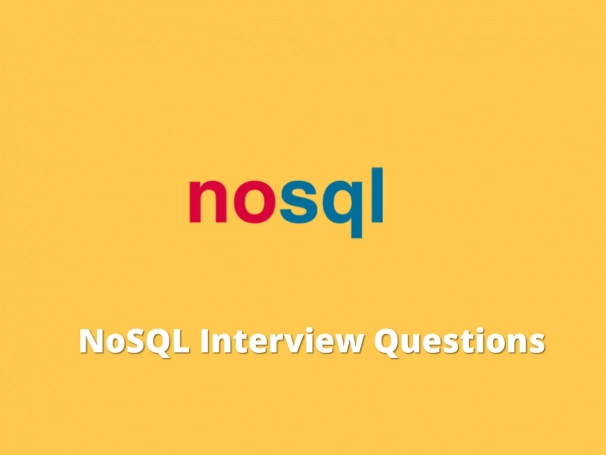Practice Best NoSQL Interview Questions and Answers
NOSQL is an alternative to the traditional Relational Database Management system. It is designed to work with large sets of distributed data. NoSQL databases stores data in the key-value form. Here is the list of Best NoSQL interview Questions and Answers.

